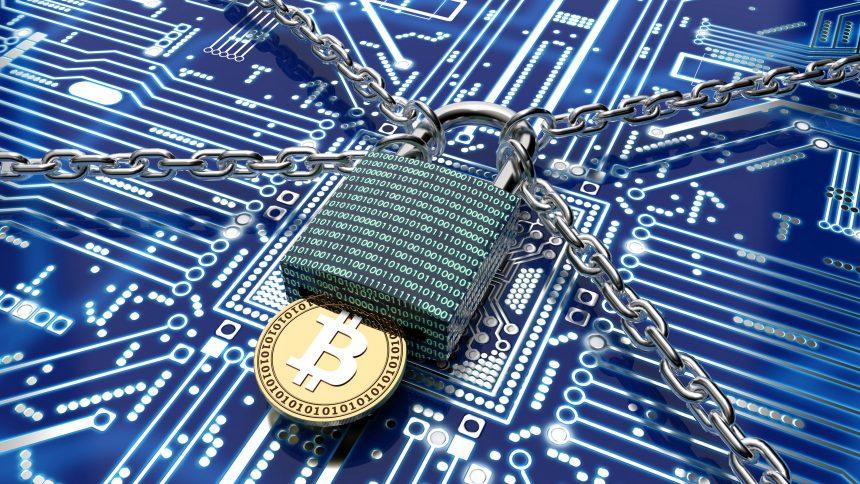Cybercriminals have been exploiting the popularity of decentralized finance (DeFi) platforms like Uniswap to execute sophisticated scams. One notable threat is the Uniswap Allocation Scam, which lures unsuspecting victims into believing they are participating in a legitimate investment opportunity related to Uniswap’s liquidity pools. However, behind the façade lies a malicious intent to steal personal information, financial data, or cryptocurrency holdings.
Actions and Consequences
The Uniswap Allocation Scam typically operates through phishing emails, fake social media promotions, or deceptive websites that mimic legitimate Uniswap-related pages, redirecting victims to a fake Uniswap website – zksync-uniswap[.]org. Victims are enticed to provide sensitive information such as private keys, seed phrases, or account credentials under the guise of securing an allocation in a purported investment opportunity. Once obtained, this information grants cybercriminals access to the victim’s funds or allows them to conduct identity theft.
This scam not only leads to financial losses but also jeopardizes the victim’s digital security and privacy. Moreover, falling victim to such scams can undermine trust in legitimate DeFi platforms and the broader cryptocurrency ecosystem.
Detection and Similar Threats
The Uniswap Allocation Scam may be detected under various names by cybersecurity solutions, including phishing scams targeting cryptocurrency users, financial fraud involving DeFi platforms, or identity theft via fake investment schemes. Similar threats include phishing attacks impersonating other popular DeFi protocols like SushiSwap, PancakeSwap, or Compound Finance.
Removal Guide
If you suspect you have fallen victim to the Uniswap Allocation Scam, follow these steps to mitigate the damage and secure your accounts:
- Disconnect from the Internet: Immediately disconnect affected devices from the internet to prevent further data transmission to the attackers.
- Change Account Credentials: Change passwords and revoke access tokens associated with any compromised accounts, especially those related to cryptocurrency wallets or financial platforms.
- Scan for Malware: Use reputable antivirus software to scan your devices thoroughly for malware or malicious scripts. Remove any identified threats.
- Review Financial Accounts: Monitor your bank accounts, credit cards, and cryptocurrency wallets for any unauthorized transactions. Report any suspicious activity to your financial institution.
- Secure Communication Channels: If you communicated with the attackers via email or messaging apps, be cautious of further phishing attempts. Verify the identity of contacts before sharing sensitive information.
- Enable Two-Factor Authentication (2FA): Enhance the security of your accounts by enabling 2FA wherever possible. This adds an extra layer of protection against unauthorized access.
Preventing Future Infections
To reduce the risk of falling victim to similar scams in the future, consider implementing the following best practices:
- Educate Yourself: Stay informed about common phishing tactics and current cybersecurity threats targeting cryptocurrency users.
- Verify URLs: Always verify the legitimacy of URLs before clicking on links, especially in unsolicited emails or messages.
- Use Official Sources: Obtain information and download software only from official websites or trusted sources.
- Keep Software Updated: Regularly update operating systems, browsers, and security software to protect against known vulnerabilities.
- Exercise Caution: Be skeptical of unsolicited investment opportunities, especially those promising high returns with minimal risk.
By adopting these preventive measures and promptly responding to potential threats, you can significantly reduce the likelihood of falling victim to the Uniswap Allocation Scam or similar cyber threats.





